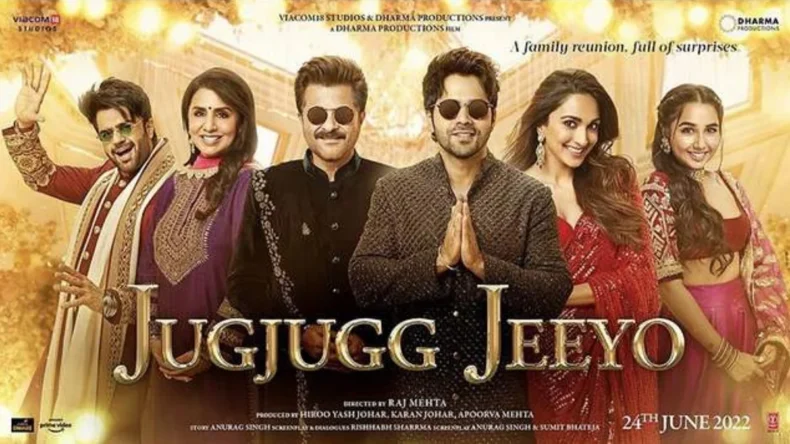Introduction:
The petitioner, Vishal Singh, claimed that his copyright over the story ‘Bunny Rani’ had been infringed by the defendants when they made the film, Jugjugg Jeeyo. In his submission, Mr Singh stated that after watching the trailer of the film, it is evident that the production company has wrongly used his story. And he demanded a compensation of rupees 1.5 crores for such infringement and also requested an interim stay on the release of the film. The production company, on the other hand, argued that there is no prima facie case. A total sum of rupees 13.95 crores has been spent in making the film, and therefore, they will suffer an irreparable loss if the release stays. It was submitted before the court that along with 13.95 crore rupees, a sum of rupees 6.05 crore had been spent on the film’s distribution.
Representation:
Advocates representing the plaintiff- Senior Advocate Ajit Kumar, advocate Saurabh Arun, Kumar Vaibhabh, Abhay Prakash and Rahul Pandey.
Advocates representing the defendants- Senior Advocate Chander M Lall, Chitranjan Sinha, advocate Indrajit Sinha, Pranaya Goyal, Kundan Kumar Verma and Sneh Singh.
Advocates Ameet Naik, Madhu Gadodia, Salona Mittal and Srikant Pillai of Naik Naik & Co. Advocates represented Viacom 18 Media.
Ruling:
Upon examining all the factors, the court held that the petitioner had filed the case simply ‘on seeing the trailer of the film’. Justice Manoj Chandra Jha said, “No person can conclude the similarity merely based on a one-page story with the few minutes trailer of the film.” Additionally, it was determined that the balance of convenience was in favour of the defendants when comparing the amount spent by the defendants on production to the plaintiff’s claim for loss or damages. “The plaintiff is not likely to succeed but presuming that even if they are still, the order for an injunction is tilted in favour of the defendants considering the balances of convenience and irreparable loss,” said the court.
Conclusion:
It was found that on considering the amount spent by the defendants for production as opposed to the plaintiff’s claim for loss or damages, the balance of convenience lay with the defendants.
Therefore, the court rejected the plea for putting a stay on the release of the film.













